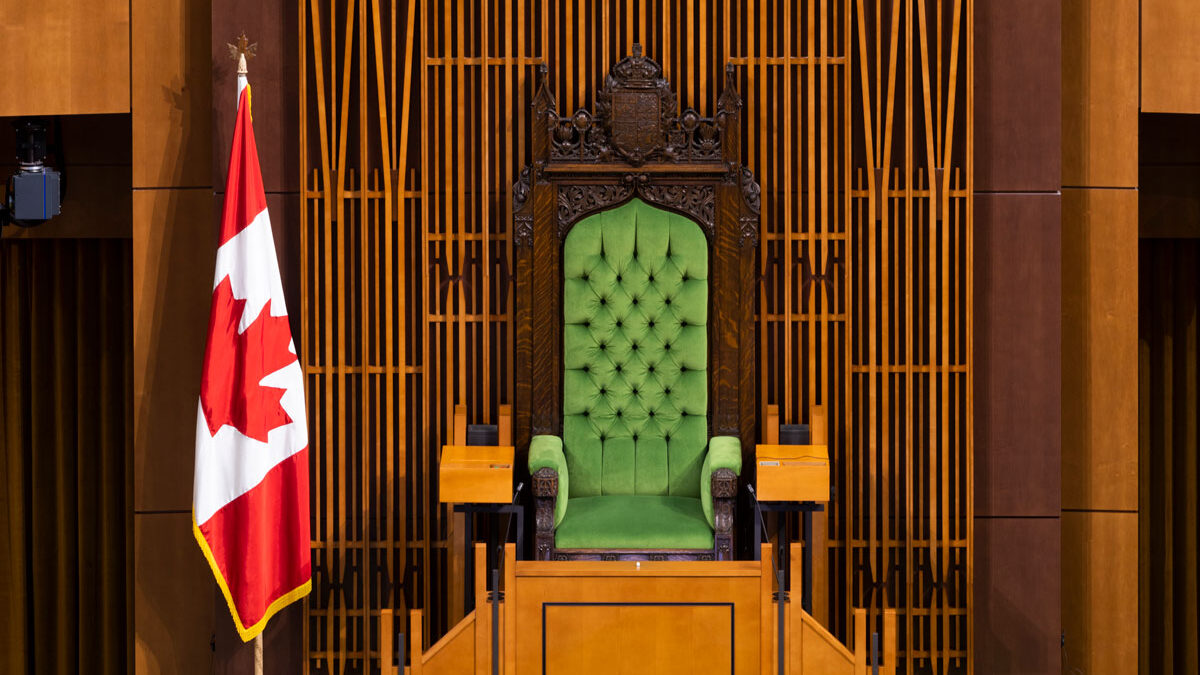In June of 2021, amidst rumours that a snap election was about to be called, Prime Minister Justin Trudeau told the media that Parliament had become a place of “obstructionism and toxicity.” He made this comment at a time when partisan relations in the House of Commons were at a low point. The Conservatives were using procedural tactics to delay votes on bills that the government wanted to pass before the summer break.[1] Trudeau’s comments echoed those made in 2008 by then Prime Minister Stephen Harper. Before making an early election call of his own, Harper complained that the House had become “dysfunctional” and that his government needed a refreshed mandate as a result.
These days, the mood in the House is arguably even more toxic, chaotic, and vitriolic than ever. To be fair, and as the comments above suggest, there has never been a “golden age” in Parliament when debate could be described consistently as rich, informed, measured, or substantive. The place has always been run by the partisan agendas of its occupants, who want to land compelling sound bites that will mobilize support in future election campaigns, recruit donations, and draw attention. But what is happening today seems to represent a more significant departure from civility than we have ever seen in the chamber before.
There is no single cause for this, nor is there any particular factor that is present now that was not there 10 or 20 years ago. The gradual but certain decline in civility is due, at least in part, to the noxious tone of communications in social media, the prevalence of disinformation and the resultant negative effect on civic literacy, and rise of insecurity and anxiety about our financial futures. Taken together, these factors create the perverse incentive for politicians to engage in wedge politics that turn parts of the population against one another. Instead of creating unifying visions for the country, political leaders are vilifying and scapegoating their opponents in their attempts to scare voters into voting for them.
The effect of all of this on our political institutions is impossible to ignore. Politicians attack one another at the expense of the integrity of the institutions of governance, including Parliament. They can no longer be counted on to respect the offices that they hold temporarily. This comes at a cost for us all. We are in a time of crisis. The cost of living is breaking household budgets across the country. Many people cannot find affordable housing. The health care system is struggling in every province. Meanwhile, climate change rages on as do human atrocities in Ukraine, the Gaza Strip, and elsewhere. We need public institutions to provide the support, infrastructure, and legitimacy for us to take decisions as a country and be accountable for them. But public confidence in these institutions of governance is plummeting and it is not clear what can be done to fix this.
Over the past month alone, the conduct of parliamentarians has given cause to wonder whether they understand the seriousness of their public responsibilities. For example, a Member of Parliament insisted that a cabinet minister answer her question in English rather than French despite the fact that, obviously, the minister is entirely welcome to answer in either official language. The Conservatives forced a marathon voting session that lasted over thirty hours – all for the purpose of ginning people up over the carbon tax. Also, Speaker of the House Greg Fergus embarrassed himself and Parliament by sending a video congratulating Ontario interim Liberal leader John Fraser on his retirement while wearing his Speaker’s robes. This is completely inappropriate, as the Speaker must maintain the perception and reality of impartiality at all times but, frankly, this type of indiscretion comes as no surprise given the culture of disrespect that persists in the House. And, because of their own hyper-partisan behaviour, opposition members look like hypocrites for chastising Fergus.
It is tempting in these circumstances to offer some sort of institutional reform as a remedy for what ails Parliament, but nothing of this sort will be effective. We could change standing orders to put more parameters around debates, or we could regulate – as Speaker Fergus as suggested – the events and communications in which the Speaker engages in, but nothing will change anything unless parliamentarians themselves choose to act as responsible custodians of our institutions of governance. As voters, we must communicate that we expect nothing less.
[1] Taylor, Stephanie. 2021. “Parliament is a place of ‘obstructionism and toxicity,’ Trudeau says, adding to speculation of fall election. National Post. Available: www.nationalpost.com

